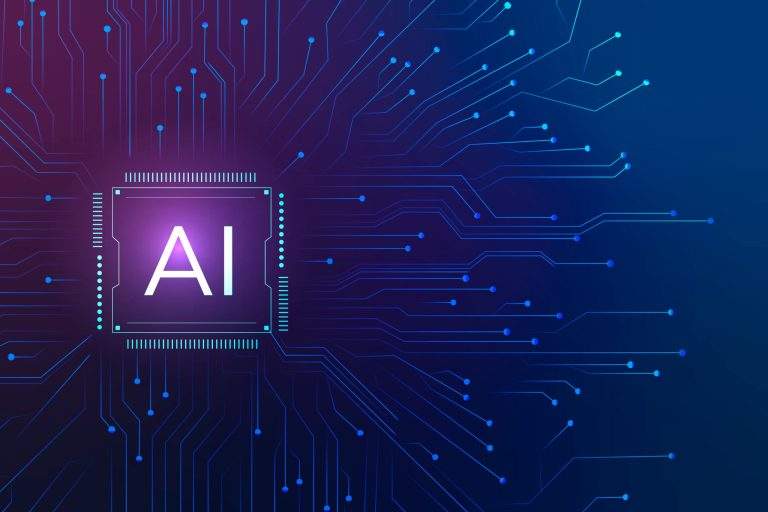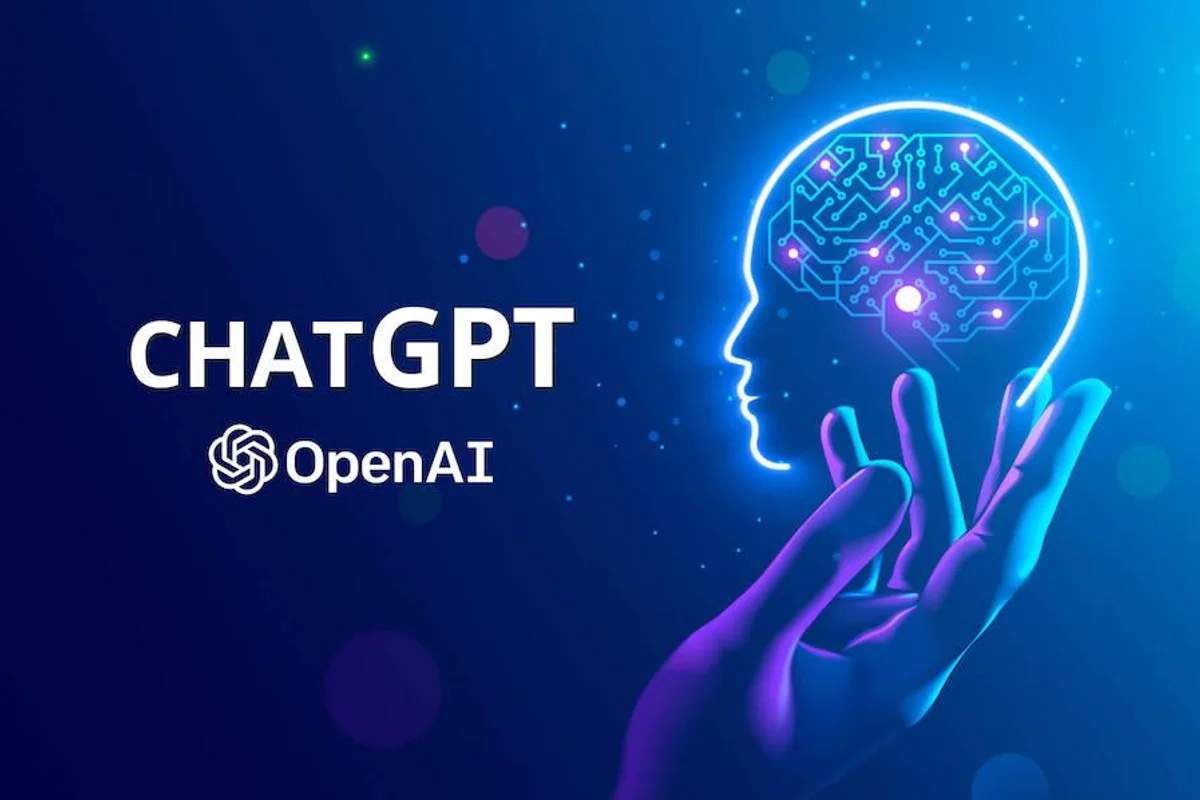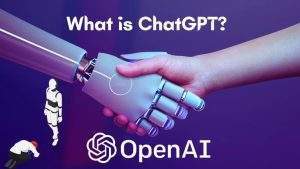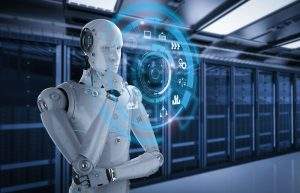Artificial intelligence (AI) is a rapidly growing field that is changing the way we live and work. From self-driving cars to virtual assistants, AI is becoming an increasingly important part of our daily lives. However, as AI becomes more advanced and more integrated into society, it is important to consider the ethical implications of this technology. This includes the potential for AI to perpetuate biases, the possibility of AI being used for malicious purposes, and the impact that AI may have on employment and privacy.
One of the most important aspects of responsible AI development is ensuring that the technology is fair and unbiased. This includes avoiding the use of biased data in the training of AI models, as well as ensuring that the models themselves do not perpetuate existing biases. For example, if an AI model is trained on data that is biased towards a certain group of people, it may make decisions that are unfair or harmful to those individuals.
Another important aspect of responsible AI development is ensuring that the technology is transparent and accountable. This includes providing explanations for how AI models make decisions and allowing individuals to challenge these decisions if they believe they are unfair. Additionally, it is important to ensure that AI systems are designed in such a way that they can be audited and held accountable for their actions.
Privacy is also a major concern when it comes to AI. With the increasing amount of personal data being collected and analyzed by AI systems, it is important to ensure that this data is protected and used ethically. This includes ensuring that individuals have control over their own data and are aware of how it is being used, as well as putting in place measures to protect against data breaches and misuse.
Another important aspect of responsible AI development is considering the impact that the technology may have on employment. As AI becomes more advanced, it is likely that it will automate many jobs that are currently done by humans. This could have a significant impact on the workforce, and it is important to consider how to mitigate this impact and ensure that individuals are not left behind.
In conclusion, as AI becomes more integrated into society, it is important to consider the ethical implications of this technology and ensure that it is developed in a responsible and fair way. This includes avoiding bias, ensuring transparency and accountability, protecting privacy and considering the impact on employment. By taking these factors into account, we can ensure that AI is developed in a way that benefits society as a whole.
Please note that the topic of AI ethics is a complex and a constantly evolving field, and the information provided here may have been updated. It’s important to stay informed and continue to explore ethical considerations as they arise.











